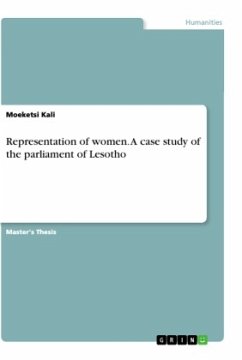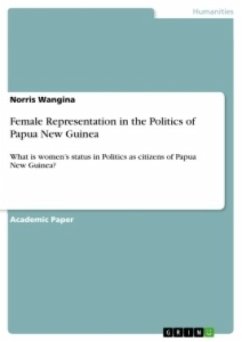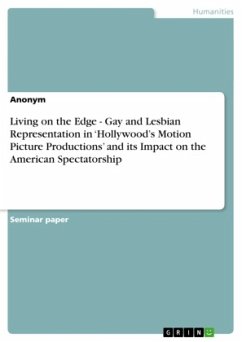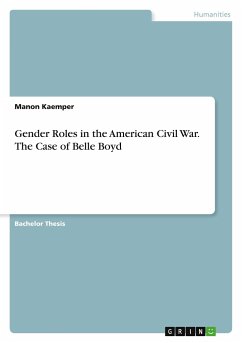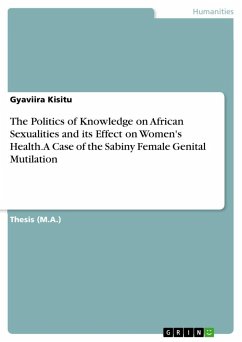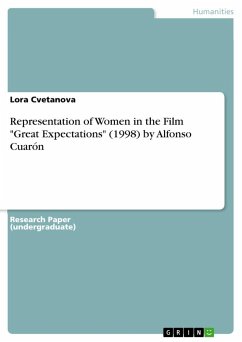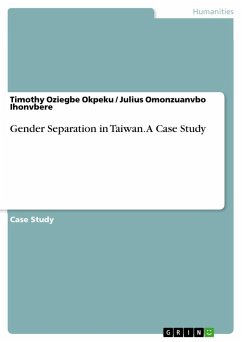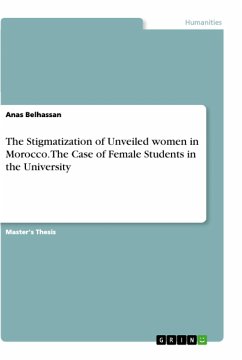Master's Thesis from the year 2018 in the subject Gender Studies, grade: 3.74, , language: English, abstract: What are the factors militating against women's involvement in the parliament of Lesotho?Though women are relatively active and win political positions at lower rungs of political offices, in parliament, their involvement is perceived to be small. This study is anchored on Marxist feminism to explain the cause of underrepresentation of women in the parliament of Lesotho. Data collected through a questionnaire distributed using simple random sampling demonstrate that socio-economic and cultural factors militate against women's involvement in politics.Most importantly, two factors undermine the representation of women in top political structures. Firstly, poor participation of women during public gatherings where their voices are suppressed makes women lack self-esteem and discourages them from aspiring for leadership positions. Secondly, gender stereotypes perpetuated through the courtyard gathering and initiation (lebollo) compel men to see women as minors, unworthy for high political posts. Apart from these, the findings show that women's poor access and control of land undermines their representation in parliament. In addition, the results of the study demonstrate that traditional-leadership institutions contribute to the preeminence of men in parliament at the expense of women.Conversely, since women are not present in the traditional institutions like the courtyard, they find it difficult to be represented in parliament, especially in numbers that reflect their demographic strength. In order to bridge the underrepresentation gap between men and women in the parliament, the researcher suggests that the government has to create alternative institutions dedicated to women with the purpose of grooming them and cultivating them for leadership. Moreover, it has to reconcile the contradiction between the customary laws and the constitution.
Hinweis: Dieser Artikel kann nur an eine deutsche Lieferadresse ausgeliefert werden.
Hinweis: Dieser Artikel kann nur an eine deutsche Lieferadresse ausgeliefert werden.

